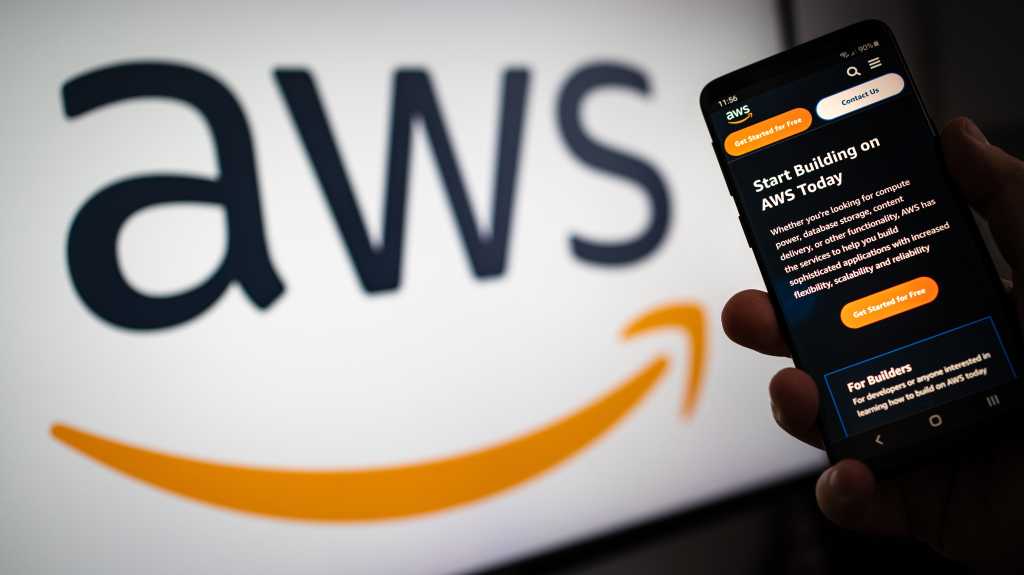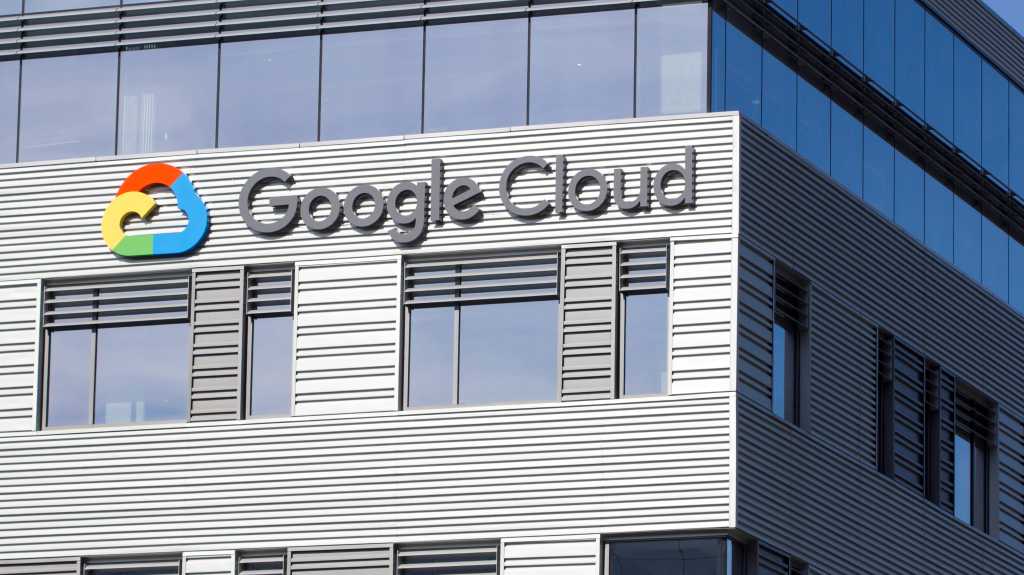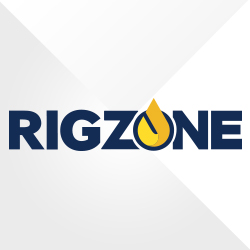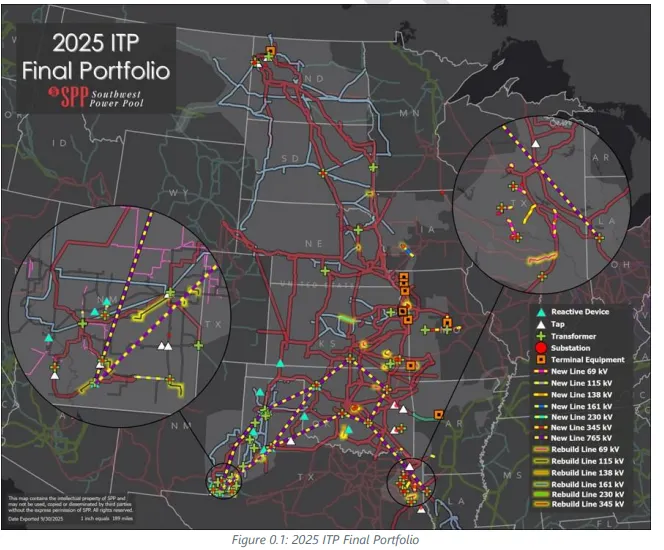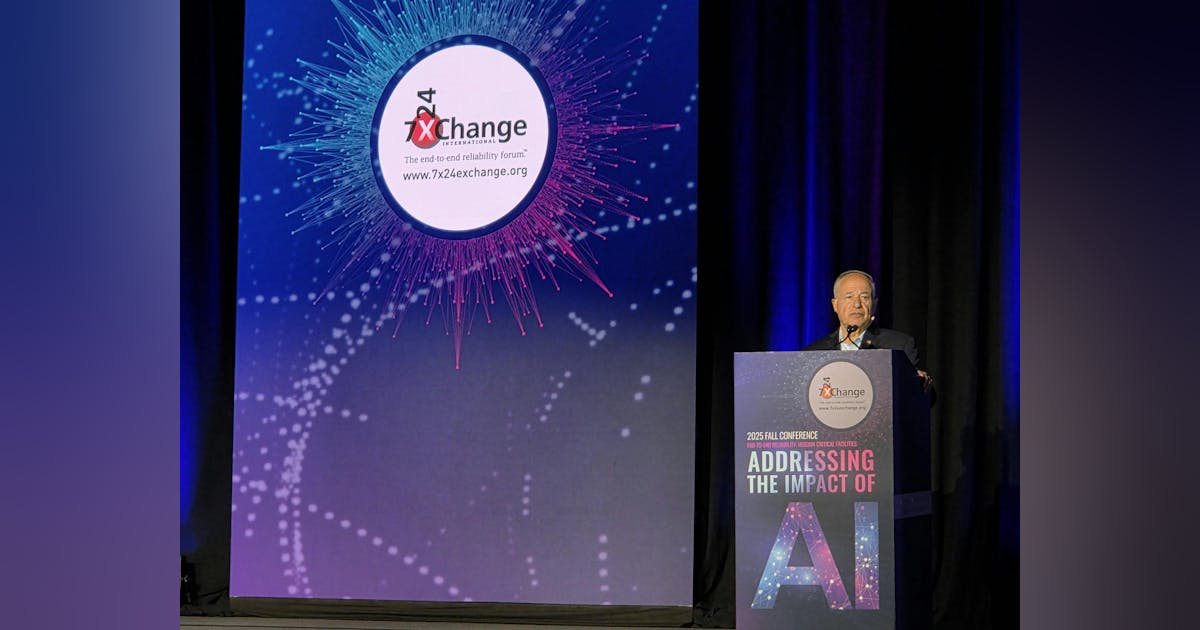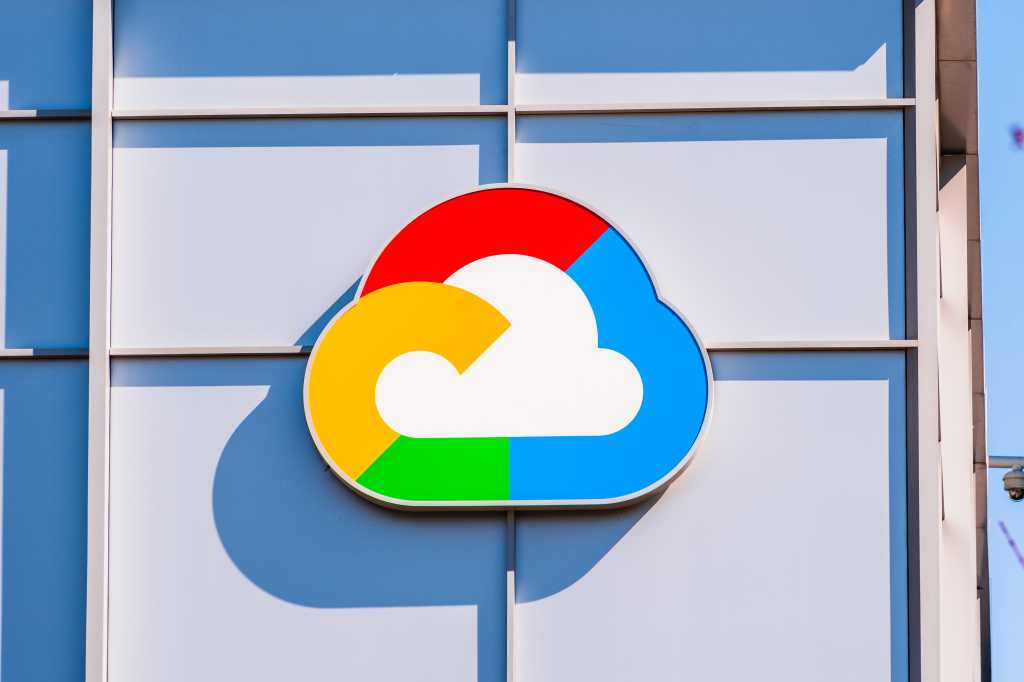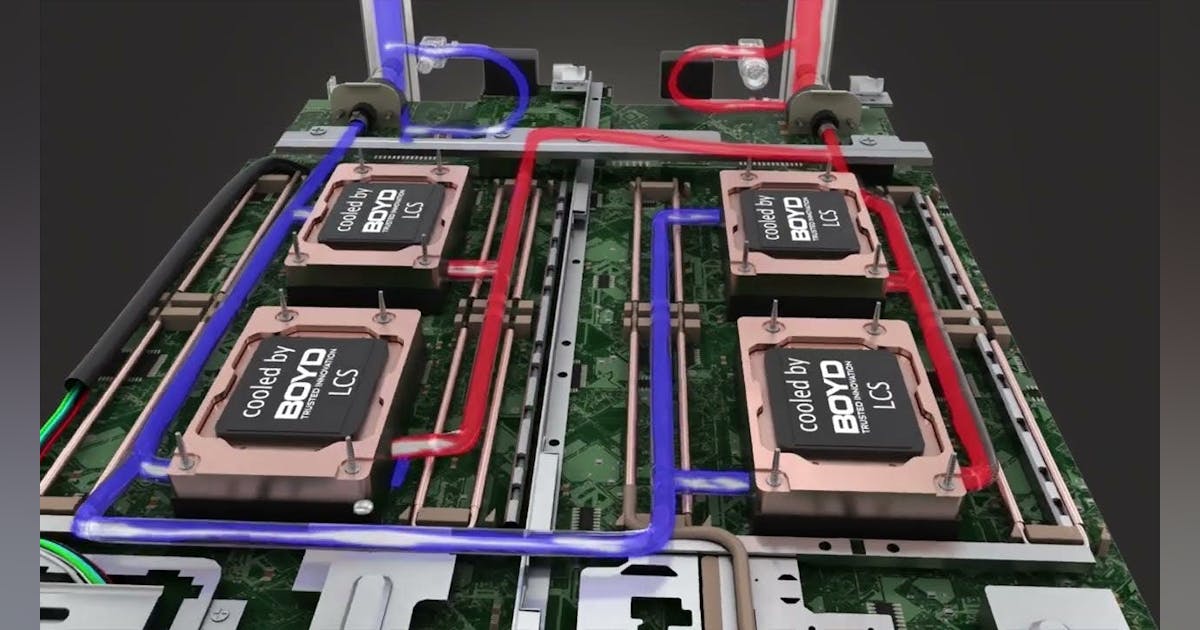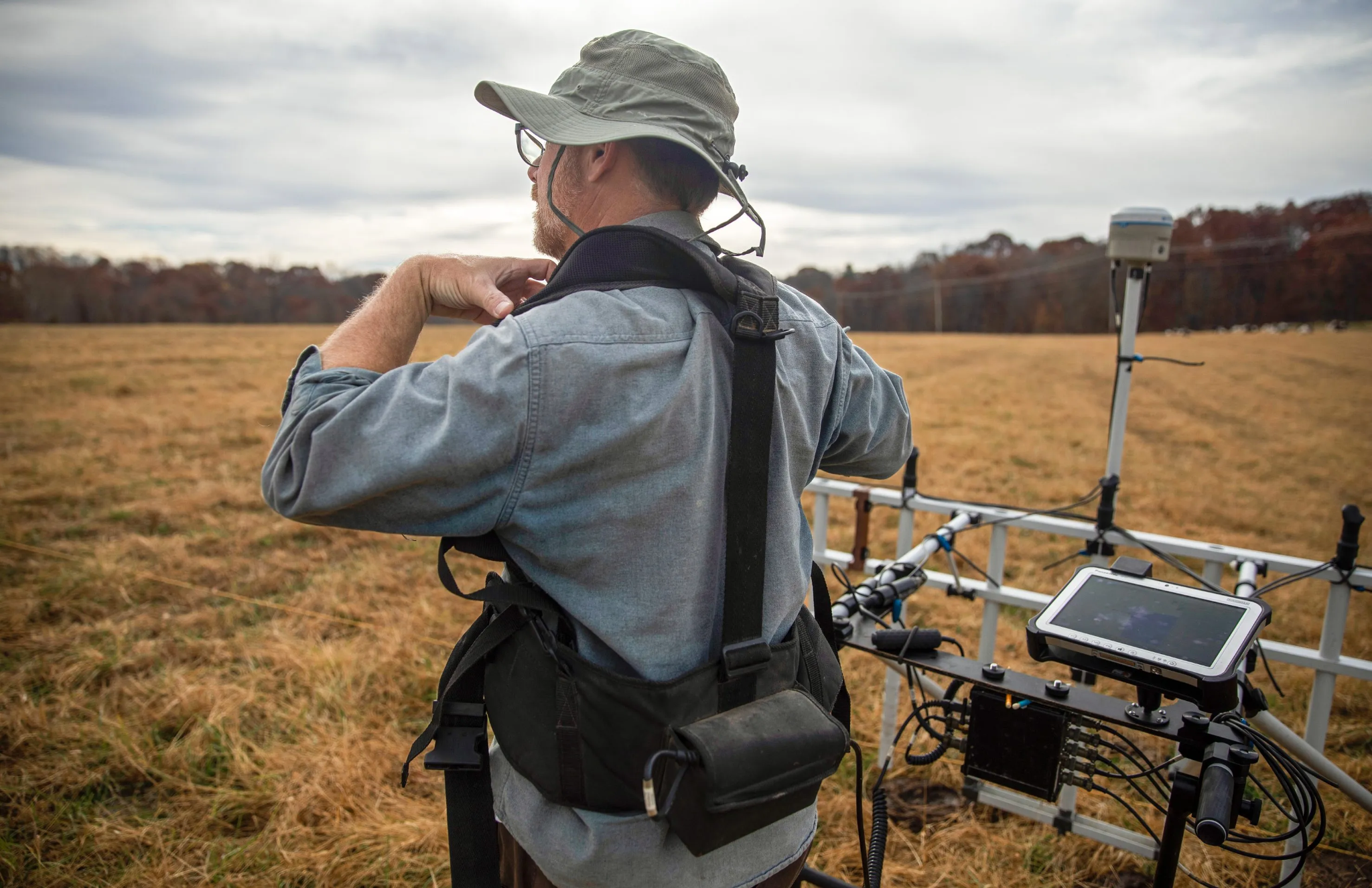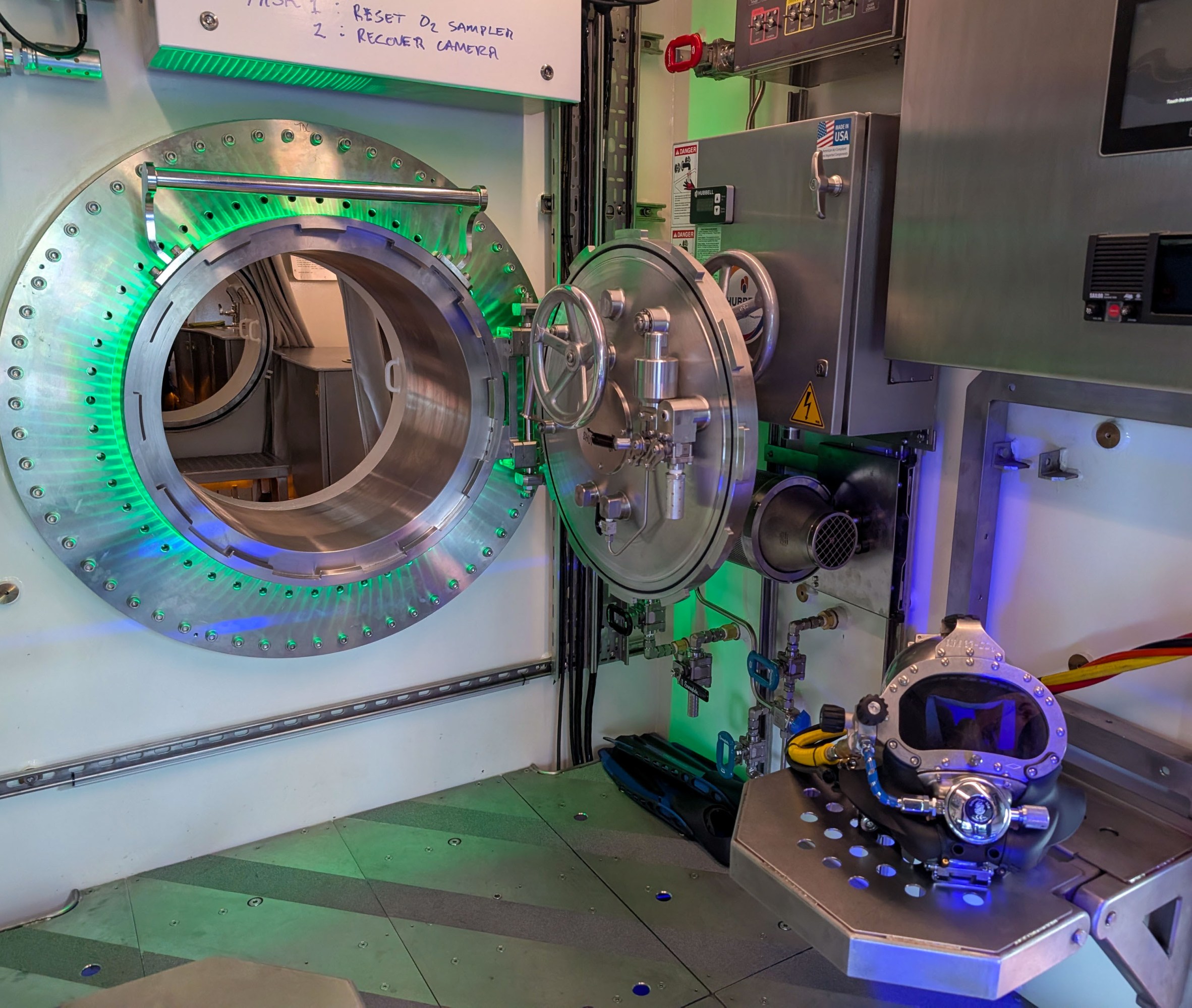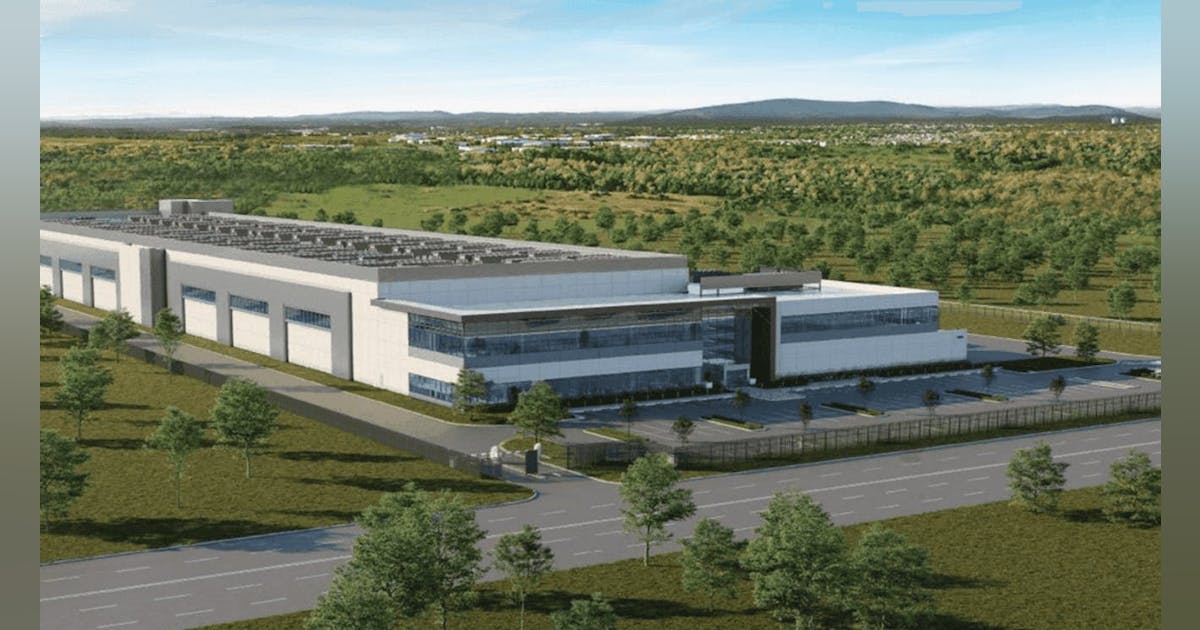
Cedar Rapids: A Growing Data Center Hub in the Heartland
Leading up to the mega-investments by QTS and Google, Cedar Rapids has quietly emerged as a compelling location for data center investment, leveraging its strategic Midwest positioning, resilient infrastructure, and business-friendly environment. While much of the national attention has focused on hyperscale players, other operators and enterprises are making moves in the region, capitalizing on Iowa’s affordable power, strong fiber connectivity, and low risk of natural disasters.
Enterprise and Colocation Growth
Several regional enterprises have established or expanded their data center footprints in Cedar Rapids, drawn by the city’s reliable power grid and access to renewable energy. Local financial institutions, healthcare providers, and insurance firms have continued to bolster their IT resilience with both on-premises expansions and partnerships with colocation providers.
Additionally, ark data centers (formerly Involta), a well-established name in the colocation and hybrid IT space, has maintained a strong presence in Cedar Rapids. The company operates a Tier III data center in the region, catering to mid-market enterprises and organizations seeking managed services, cloud connectivity, and disaster recovery solutions. ark’s Cedar Rapids facility benefits from a high-speed fiber network, offering secure and low-latency access to cloud platforms and business-critical applications.
Infrastructure and Connectivity
Very importantly, Cedar Rapids benefits from a robust fiber-optic network, making it an attractive option for companies looking to deploy edge computing capabilities closer to end users in the Midwest. Providers such as Lumen (formerly CenturyLink) and Windstream have strengthened regional connectivity, ensuring high-performance network routes between key Midwest metros like Chicago, Minneapolis, and Omaha.
Iowa’s competitive energy market continues to be a draw, with utilities such as the aforementioned Alliant Energy supporting sustainability initiatives and offering attractive rates. The state’s commitment to renewable energy—including a growing mix of wind and solar—aligns with enterprise sustainability goals, making Cedar Rapids an appealing alternative to higher-cost markets.
Looking Ahead
While hyperscale activity often grabs headlines, Cedar Rapids’ data center market is steadily growing in a way that serves enterprises, local businesses, and edge deployments. With continued investment in fiber, power infrastructure, and sustainability initiatives, Cedar Rapids remains well-positioned as a strategic IT hub in the Midwest.
And as demand for AI workloads, cloud services, and edge computing accelerates, Cedar Rapids may stand to see additional investment from colocation and enterprise players looking to tap into its cost efficiencies and geographic advantages.

